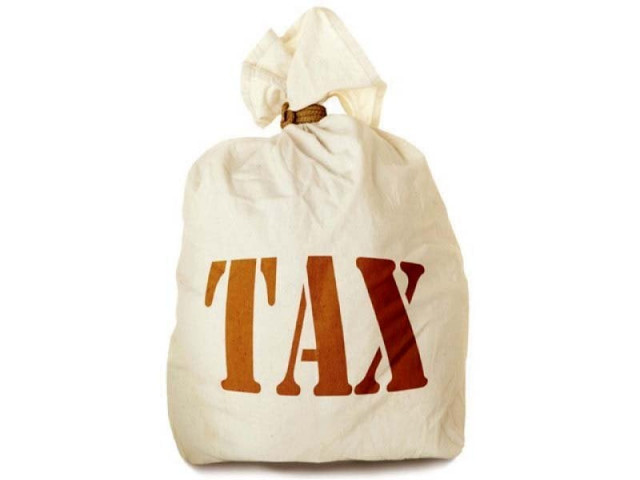Analysis: Taxing companies looking to expand
Proposal floated to tax undistributed reserves over 100% of paid-up capital.

This time, the federal budget proposes to impose 10% tax on undistributed reserves of public companies
This time, the federal budget proposes to impose 10% tax on undistributed reserves of public companies – other than Modaraba, scheduled banks and government-owned enterprises – when the amount goes over 100% of their paid-up capital.
This provision would result in the same income getting taxed multiple times as the reserves would naturally arise out of profits that have already been taxed at the corporate rate. These profits would then be taxed at 10% if they go beyond the 100% level of paid-up capital. This process would continue every year until either the excess reserves become zero due to tax payments or are paid out as dividends to the company’s shareholders.
If the objective of the finance minister is to ensure that no company carries reserves over 100% of the paid-up capital, then this is a ‘great’ proposal. Companies will no longer be able to expand and hence, the likelihood of increased profits, taxes and employment would diminish as well. Whoever suggested this proposal probably had one motive – hurt the economy and slow down growth in the corporate sector.
With no substantial retained earnings, it would be very difficult to finance large projects. It is surprising that the country’s finance minister didn’t think this proposal through.
Public companies, which have grown over the past 20-30 years through retained earnings being invested in plants, machinery and working capital, will now be forced to borrow money from banks to pay for the draconian measure.
No private company in their right mind will go public if the long-term goal is to expand.
This tax, being applicable only on public companies, is inequitable as it aims to tax the legal form of companies. Many private and government-owned enterprises would not be subjected to it despite falling in the criteria of being profitable and having reserves in excess of the paid-up capital.
Global comparison
Globally, companies have grown by reinvesting profits and expanding the business. Balance sheets of major companies, Apple, Microsoft, General Electric to name a few, have reserves many times more than their paid-up capital. Their cash balance is even a few times more than Pakistan’s reserves.
Hence, funds are available to capitalise on any opportunity that becomes available in the market.
Similar proposals floated in the past were resisted by the business community and as a result, they were never implemented. An identical levy was introduced under the repealed 1979 Ordinance, similar issues were raised and consequently, this tax was effectively related to income for the year and was not applicable where distribution for the year was lower than 40% of the profit or 50% of the paid-up capital.
A similar provision was also made vide introduction of sub-section (9A) of Section 12 of the repealed ordinance by the Finance Act 1999. The said provision remained applicable till June 30, 2002 but was not made part of the ordinance, effective from July 1.
It is hoped that the government is able to see the material defects in the proposed section and keeps economic development through growth of the corporate sector as one of its top priorities.
Published in The Express Tribune, June 12th, 2015.
Like Business on Facebook, follow @TribuneBiz on Twitter to stay informed and join in the conversation.



















COMMENTS
Comments are moderated and generally will be posted if they are on-topic and not abusive.
For more information, please see our Comments FAQ